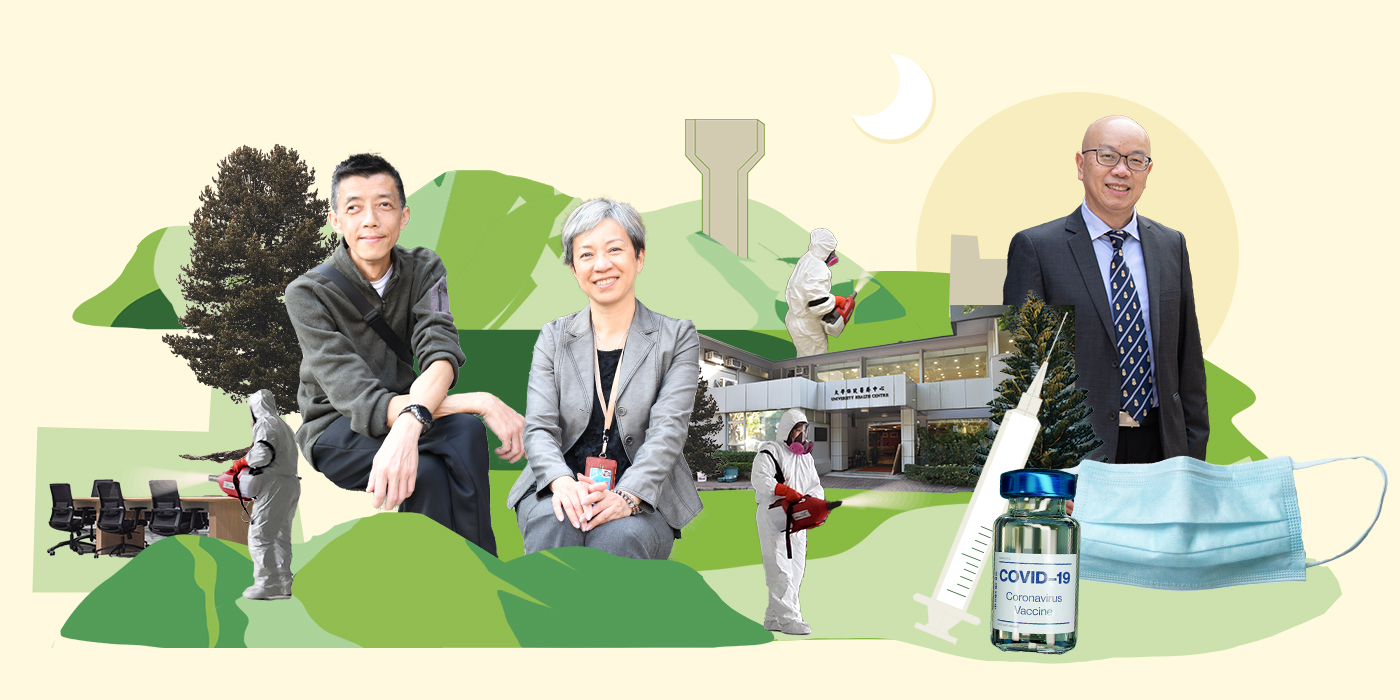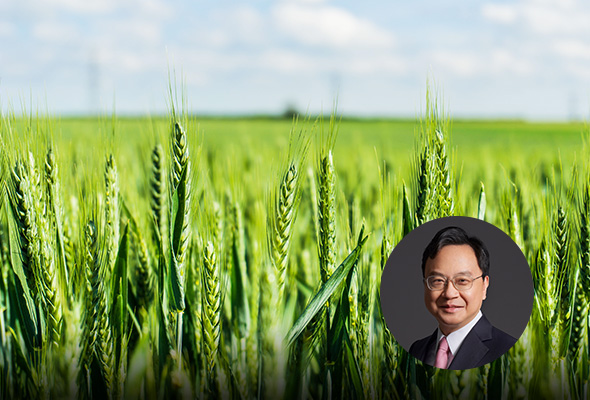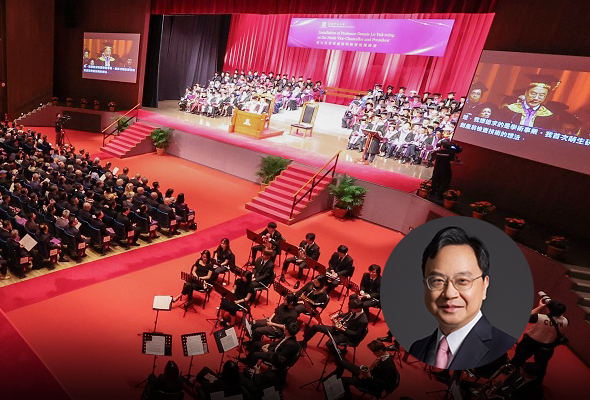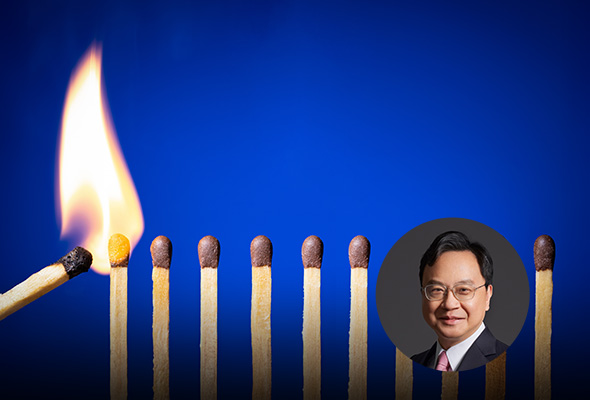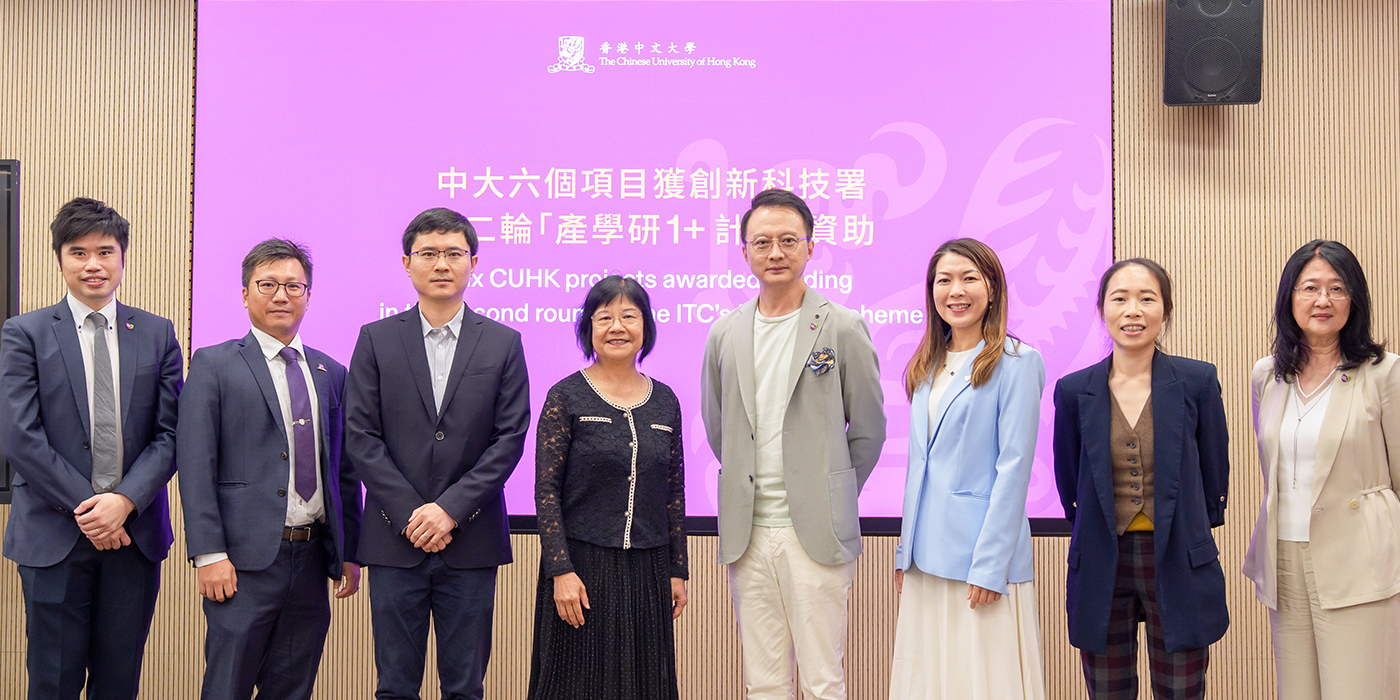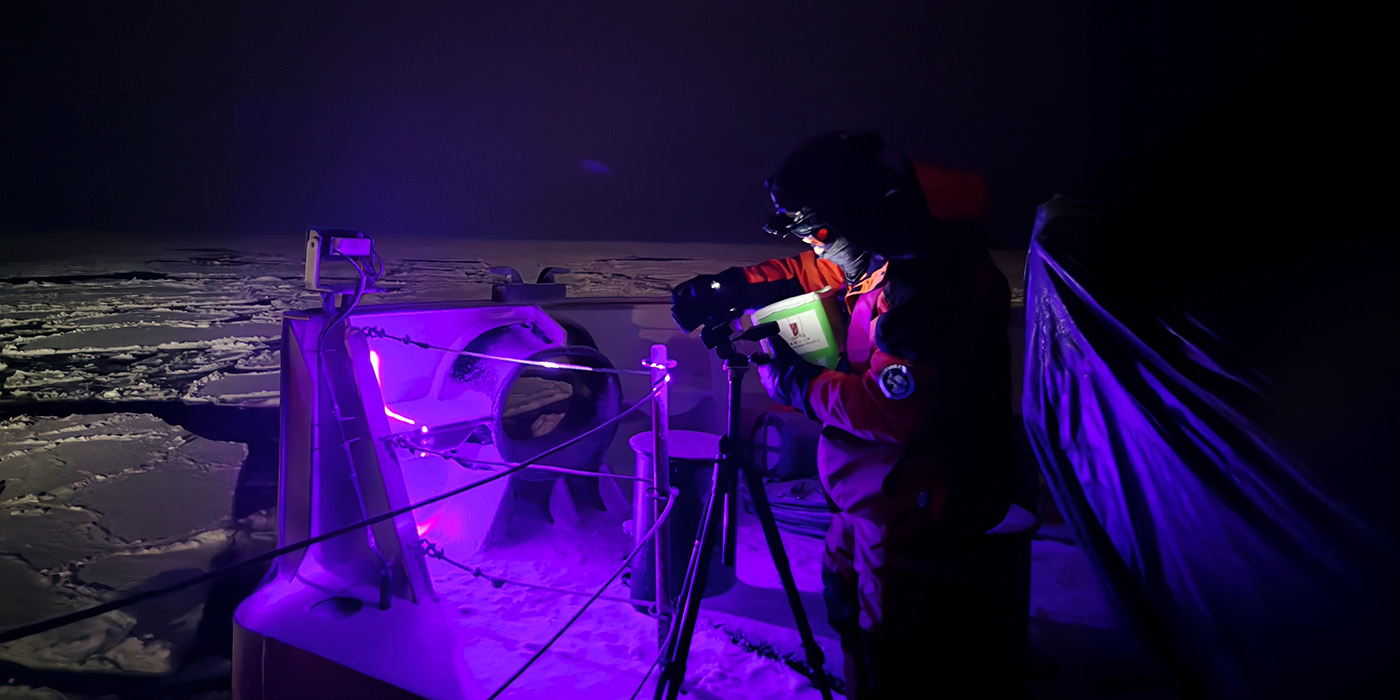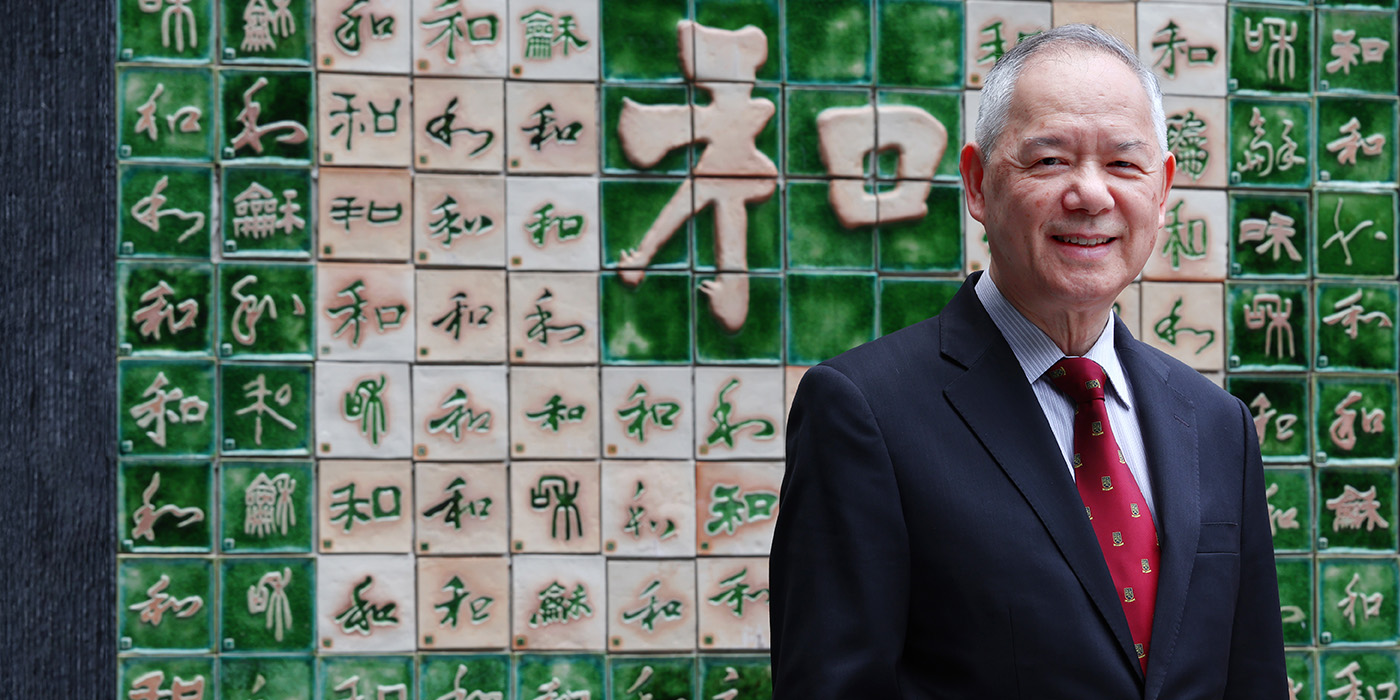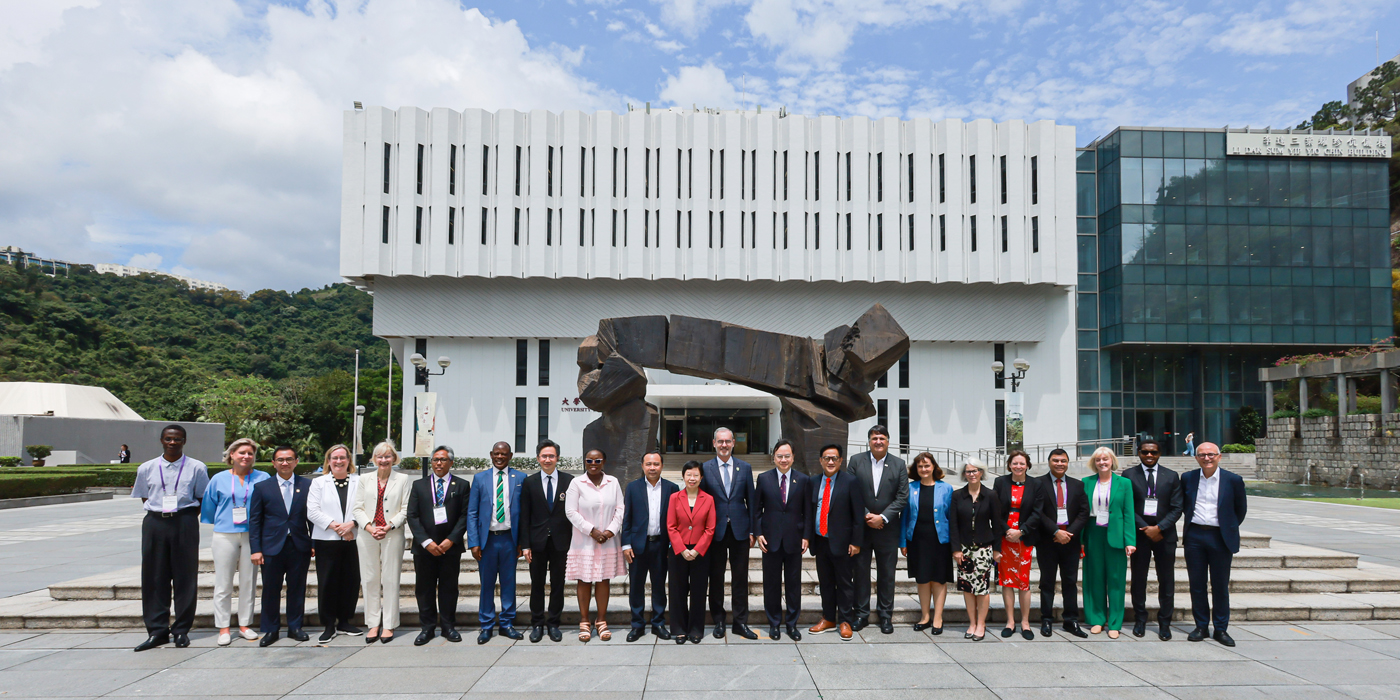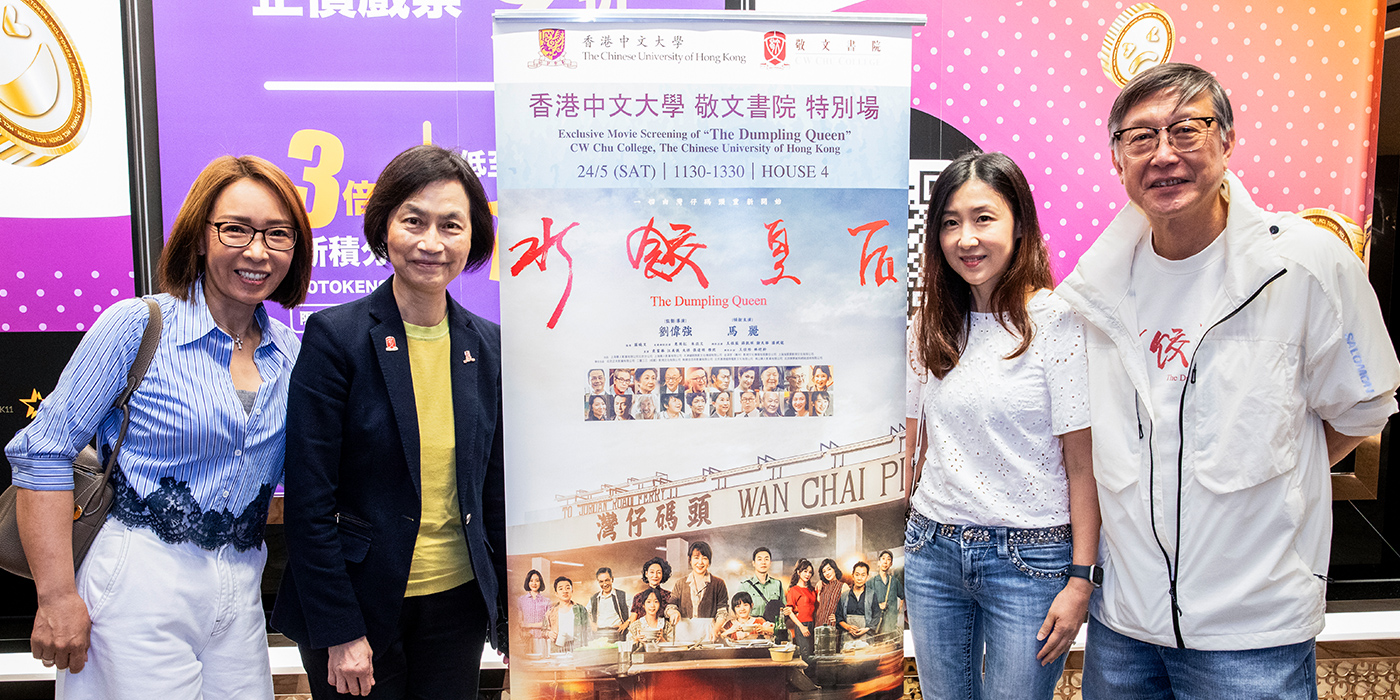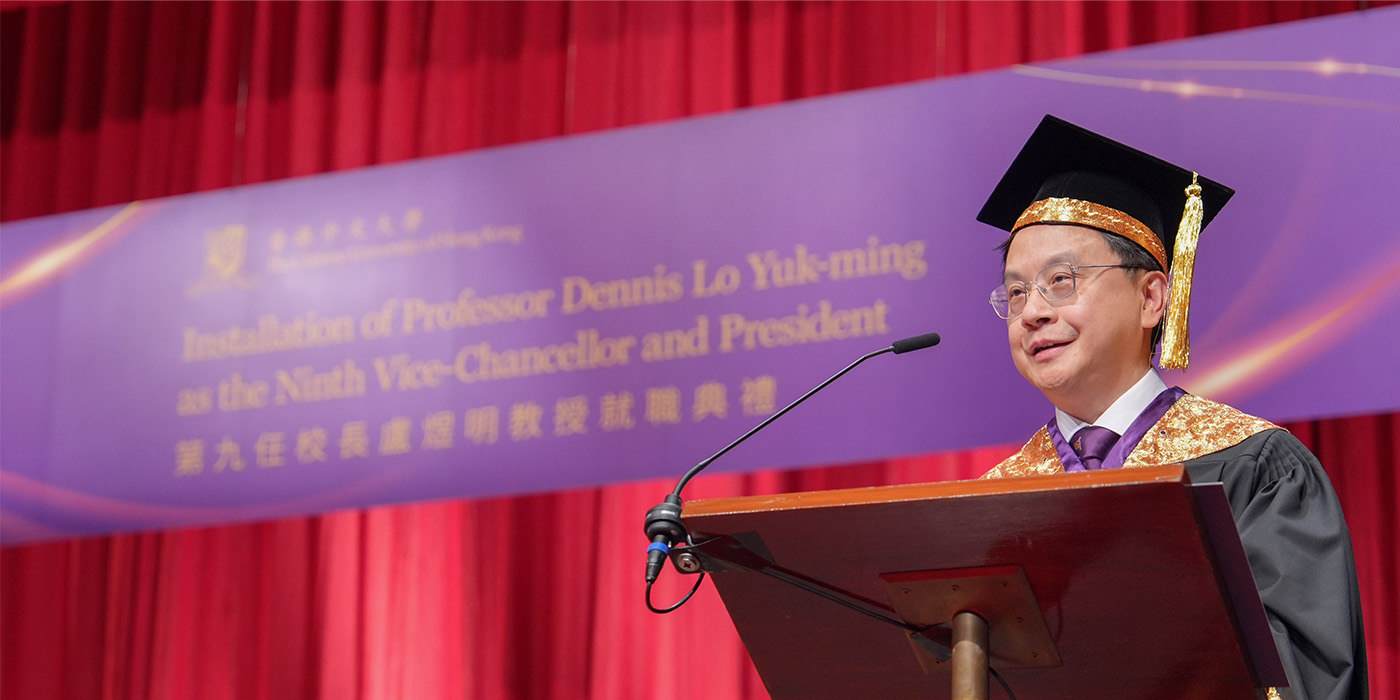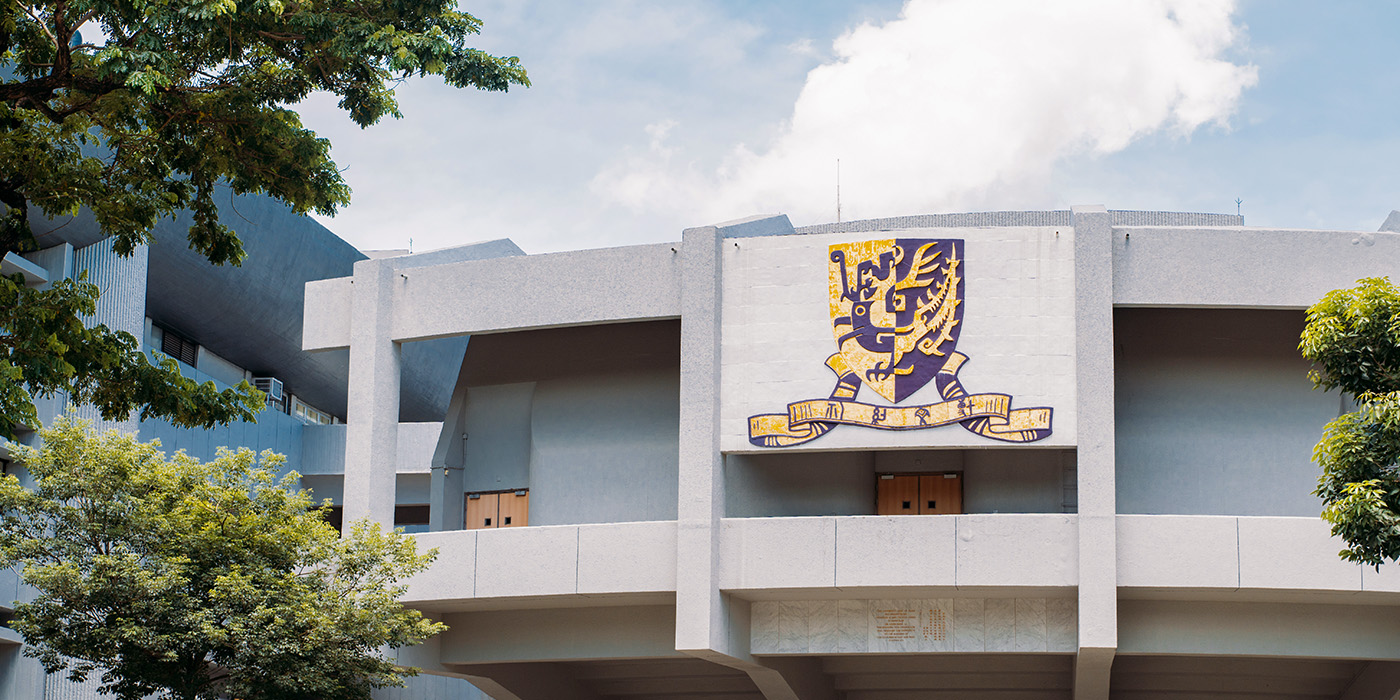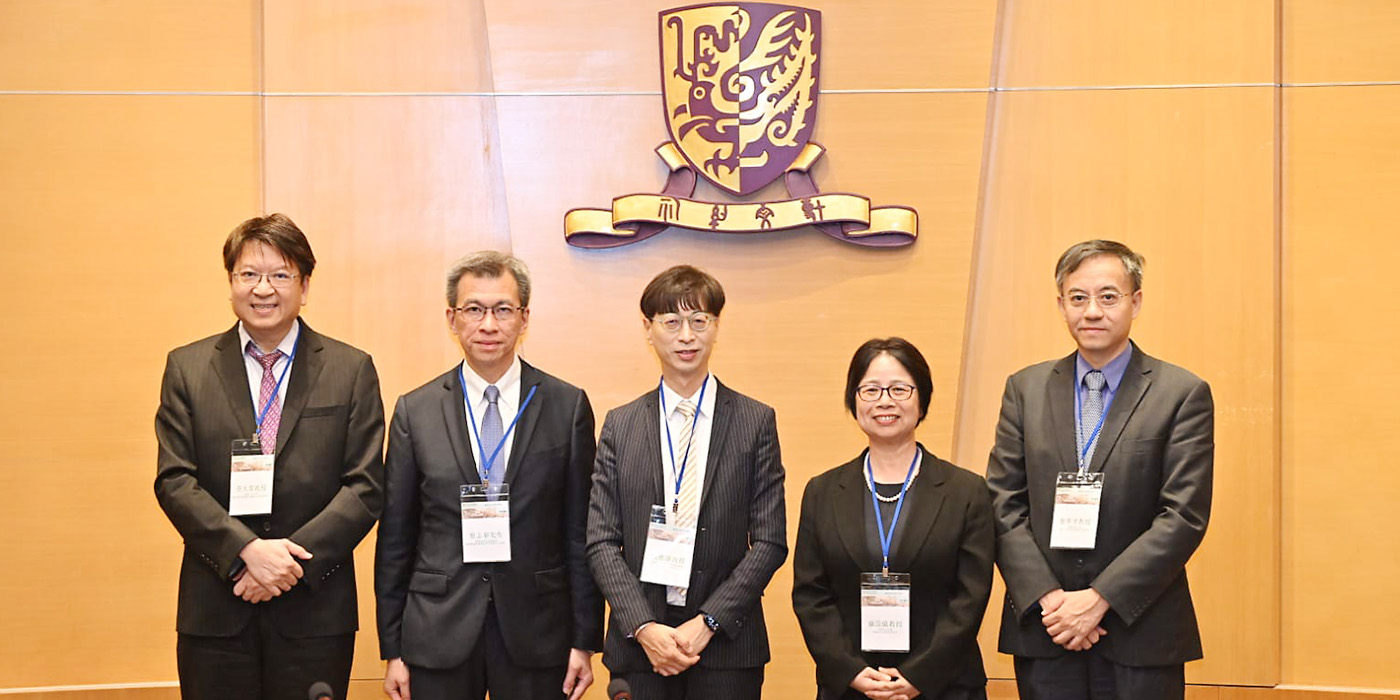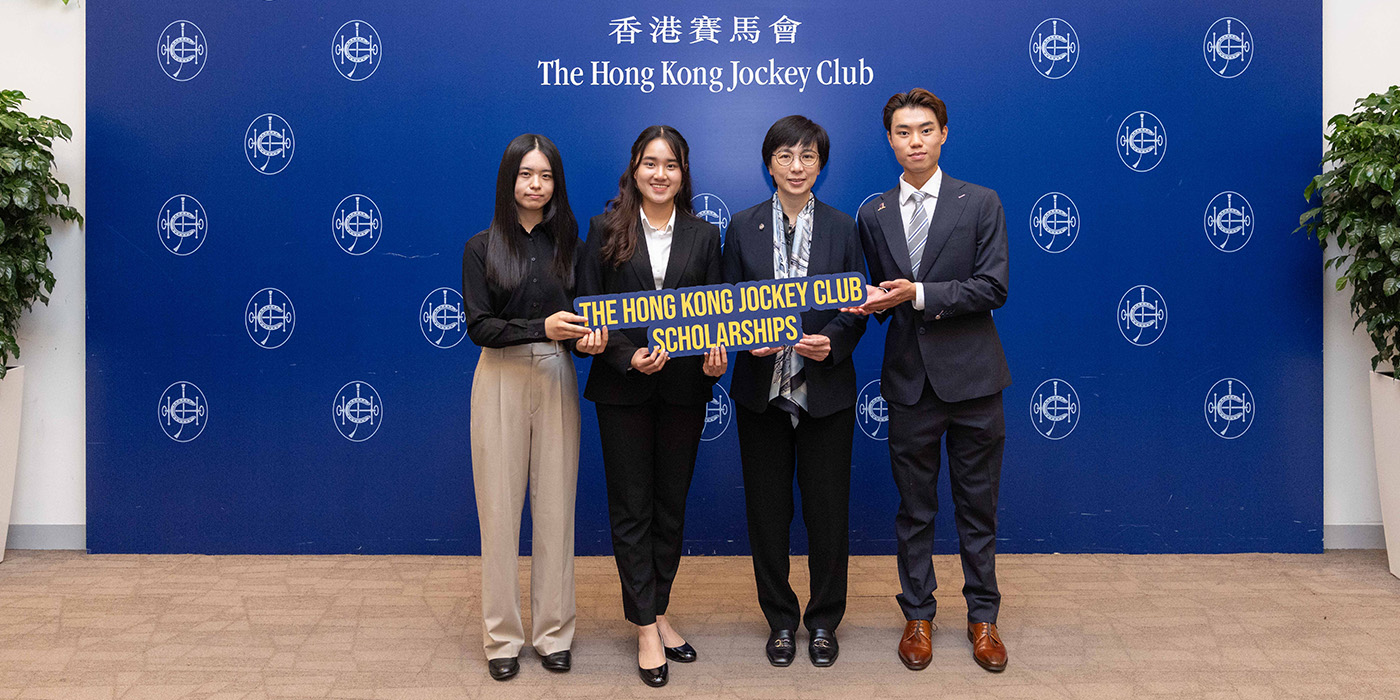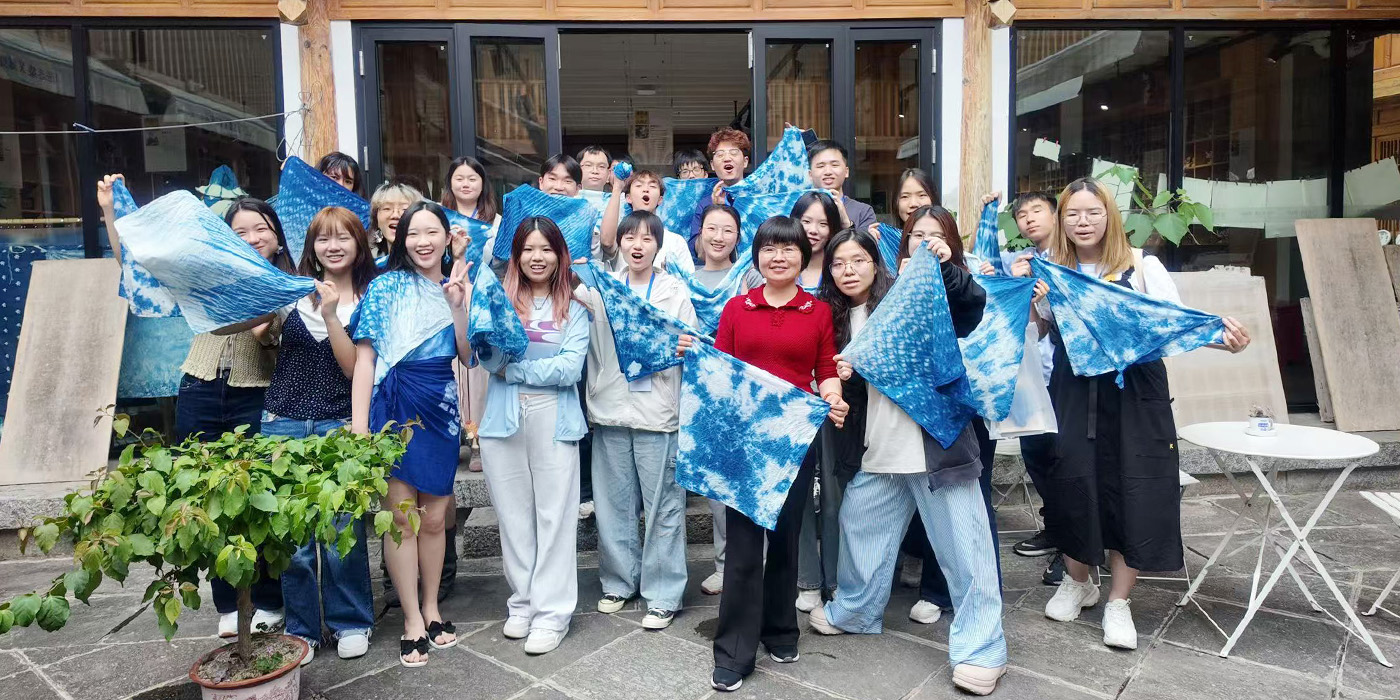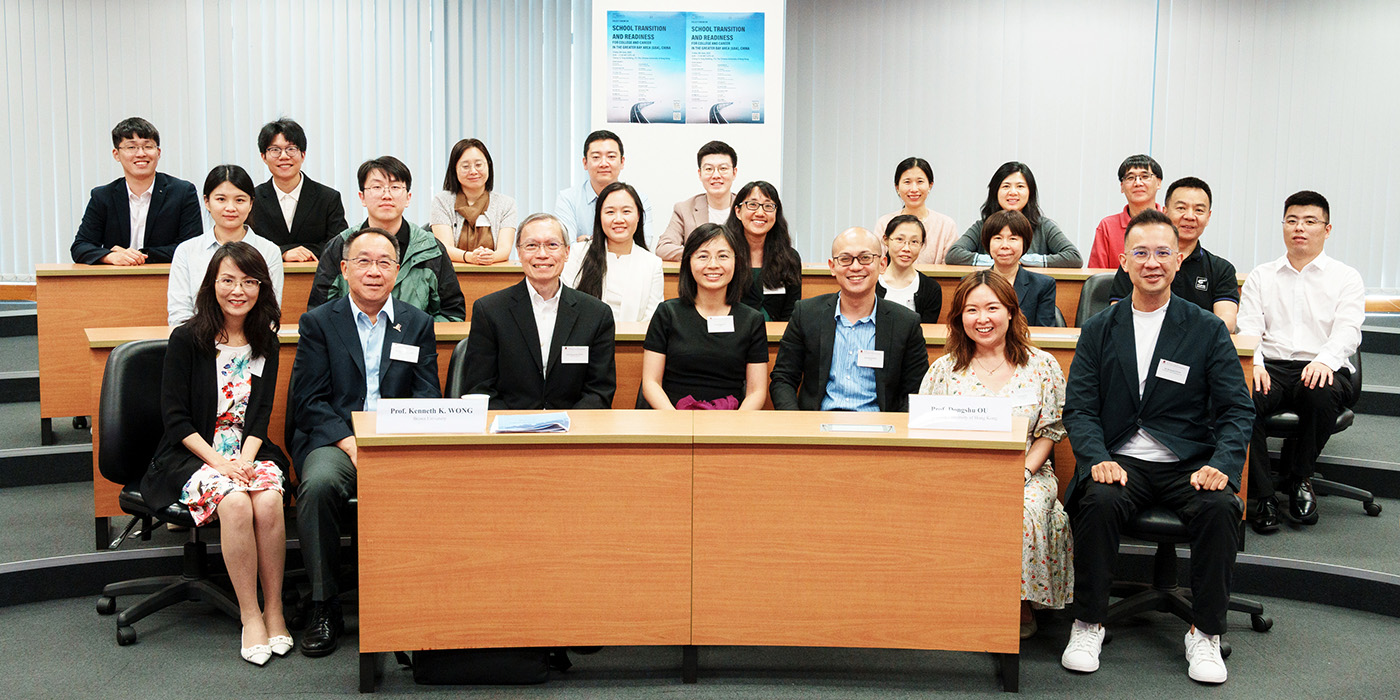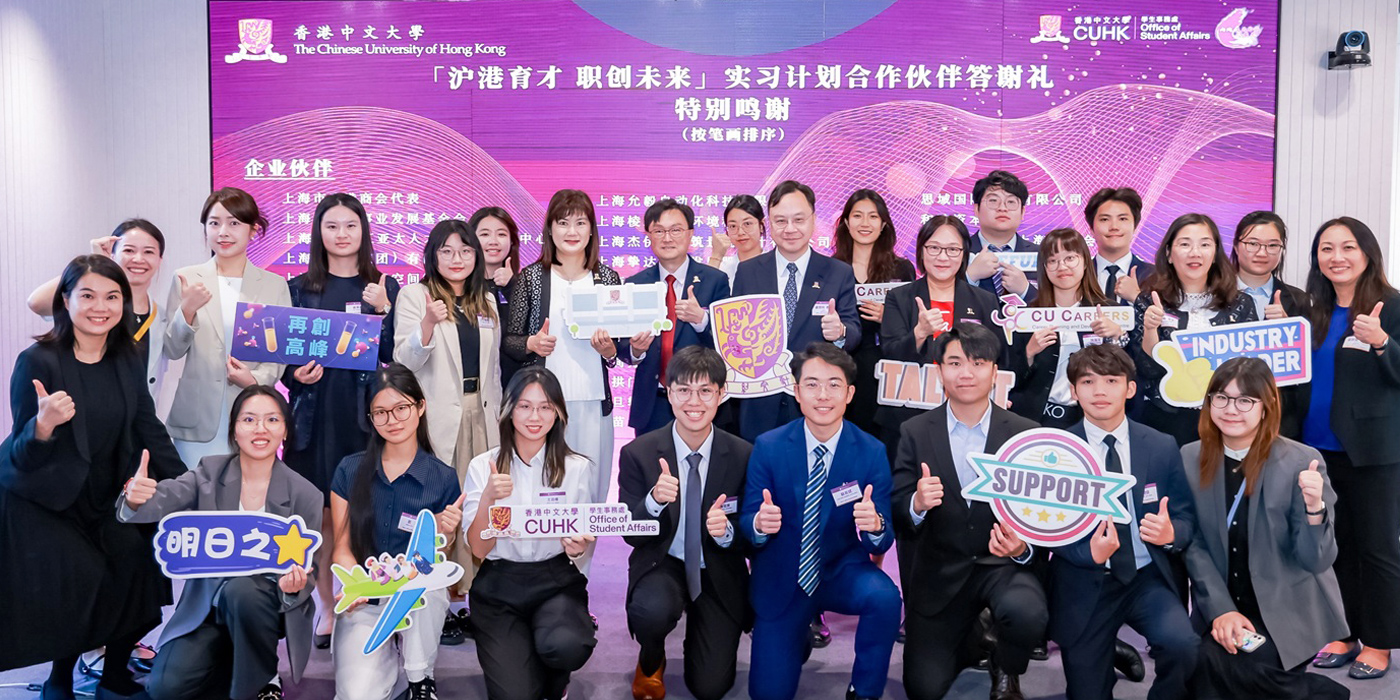Courting corona
University frontline units recount their COVID battles
With the lifting of mask mandate from 1 March, the city’s last major COVID-19 restriction, Hong Kong is returning to normalcy after three years of the coronavirus pandemic. The protracted fight against it saw teachers and students from the University’s Faculty of Medicine and hospital treat and help vaccinate members of the public, answer hotline calls, support community testing and carry out coronavirus-related interdisciplinary research projects. Back on campus, a conscientious team of medics, cleaners and key workers were the University’s frontline workforce vital to keeping essential services running. As Albert Camus puts it in The Plague, “Perhaps the easiest way of making a town’s acquaintance is to ascertain how the people in it work, how they love, and how they die.” The University is a campus town in itself. As we bid farewell to anti-pandemic measures, CUHK in Focus speaks to University Health Service (UHS) and Estates Management Office (EMO) on their insistence, hopes, and heartfelt moments over the past three years.
Precarious balance
“In its earliest form, the Chinese character ‘good’ had a boy on the left and a girl on the right. Now they’ve swapped places,” Scotty Luk remarks on an oracle bone calligraphic artwork displayed on the first floor of the University clinic. The director of UHS goes on: “With infection control, it’s much the same—a balancing act it is.”
Luk and his team acted ahead of the onset of the pandemic. In late December of 2019, when clusters of cases emerged in mainland China, they began procuring medical supplies around town. Before the government raised the response level to emergency pertaining to the pandemic on 25 January 2020, Luk had twice met unit and college representatives, and briefed them on the impending crisis and the University’s action plan.
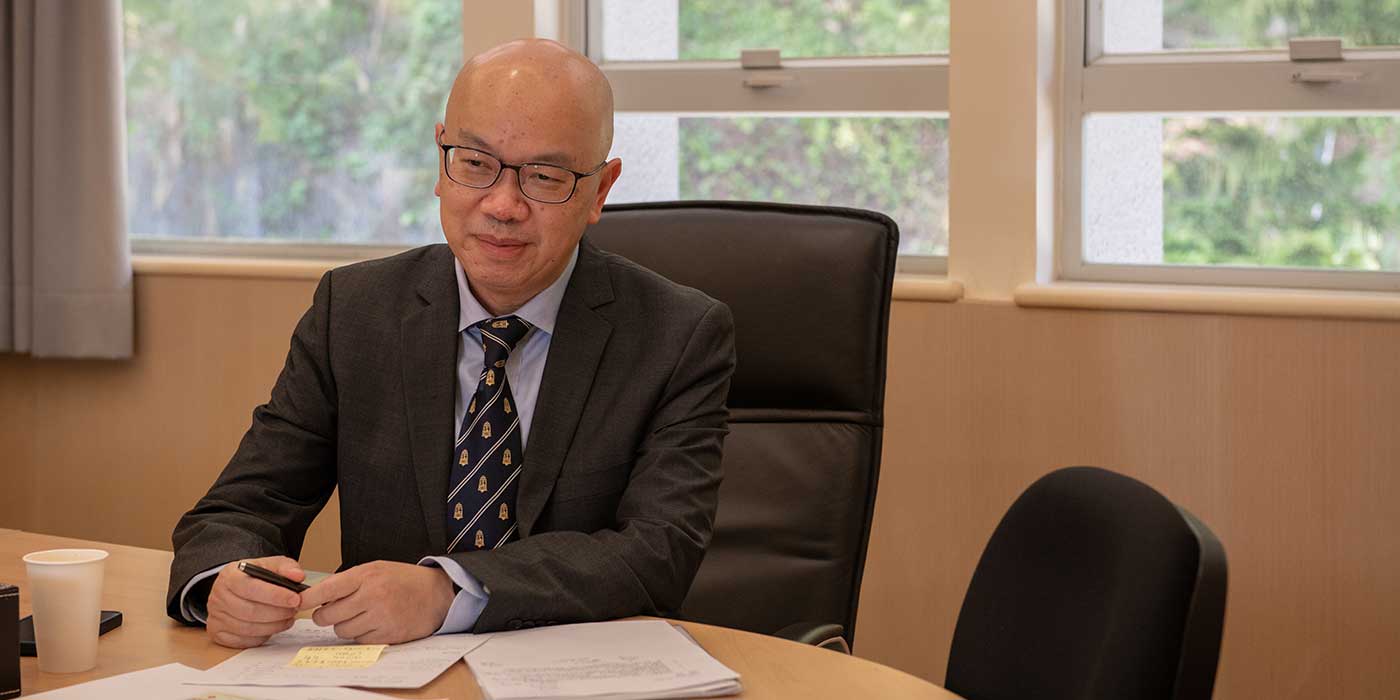
“What is a crisis? It’s that everything you need—personnel, resources, information or network—is impossible to find,” he says. On 29 January, the University implemented work-from-home arrangements, and UHS, alongside cleaning and security teams, was left to hold the fort. The 50,000 masks they had amassed emerged as the last lifeline for essential services on campus. With fast-track funding from the University’s Emergency Response Group, Luk’s team pressed ahead to source medical supplies. In March, hundreds of thousands of masks finally arrived. In five days, Luk and colleagues from other units travelled around campus bringing cartons of masks to frontline staff who needed them most.
Do the right thing
Attending late night meetings, keeping track of government announcements and swiftly adjusting to them was Luk’s daily throughout the coronavirus outbreak. Added to that were his visits to students isolating on campus. Every day, he would go and knock on their doors to make sure that they were well and to let them know they were not alone. In an unprecedented crisis, communication had a pivotal role to play. From the outset, he paid visits to all frontline units and divulged to them his difficulties. “A total of 11 hostels are run by nine colleges, each with its own modus operandi. How can we ensure the policies announced are duly followed?” Once, some hostel residents were unwilling to evacuate. He negotiated with them late into the night, albeit in vain. “What then?” I ask. To that, Luk answers with resignation: “Well—just teach them ways to minimise the risks of infection.”
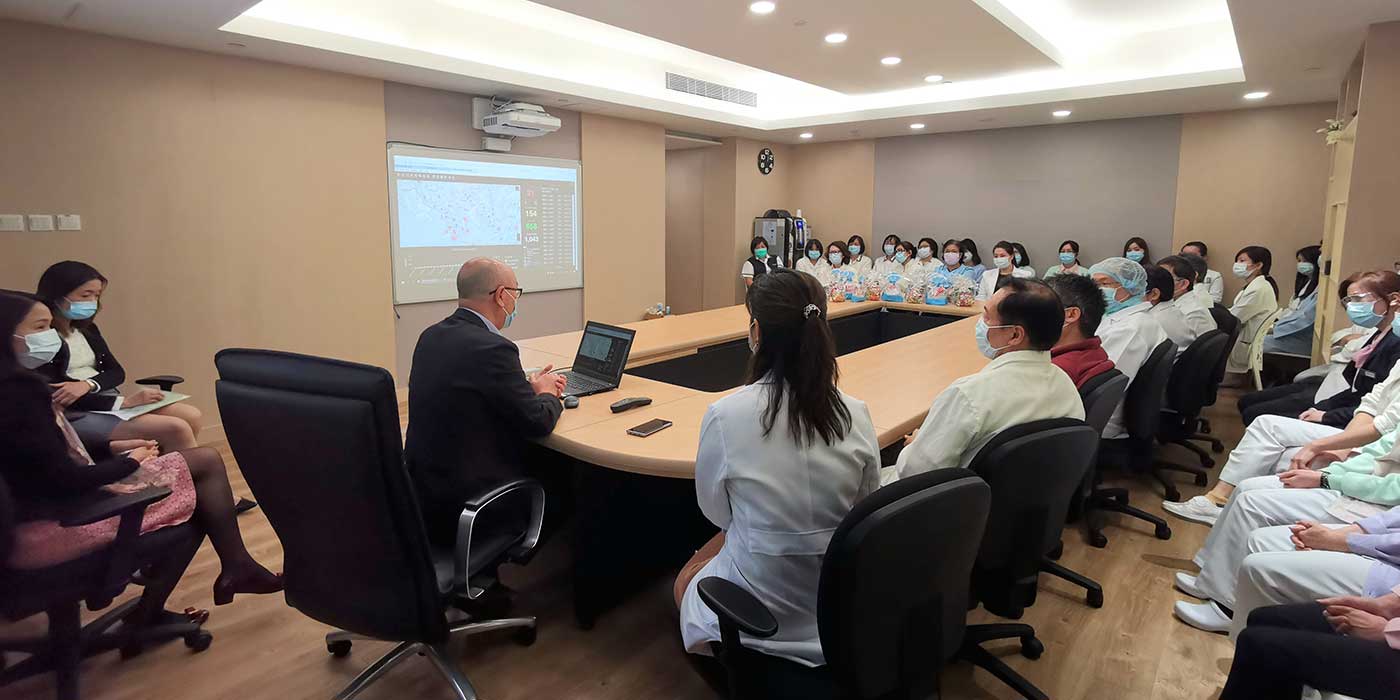
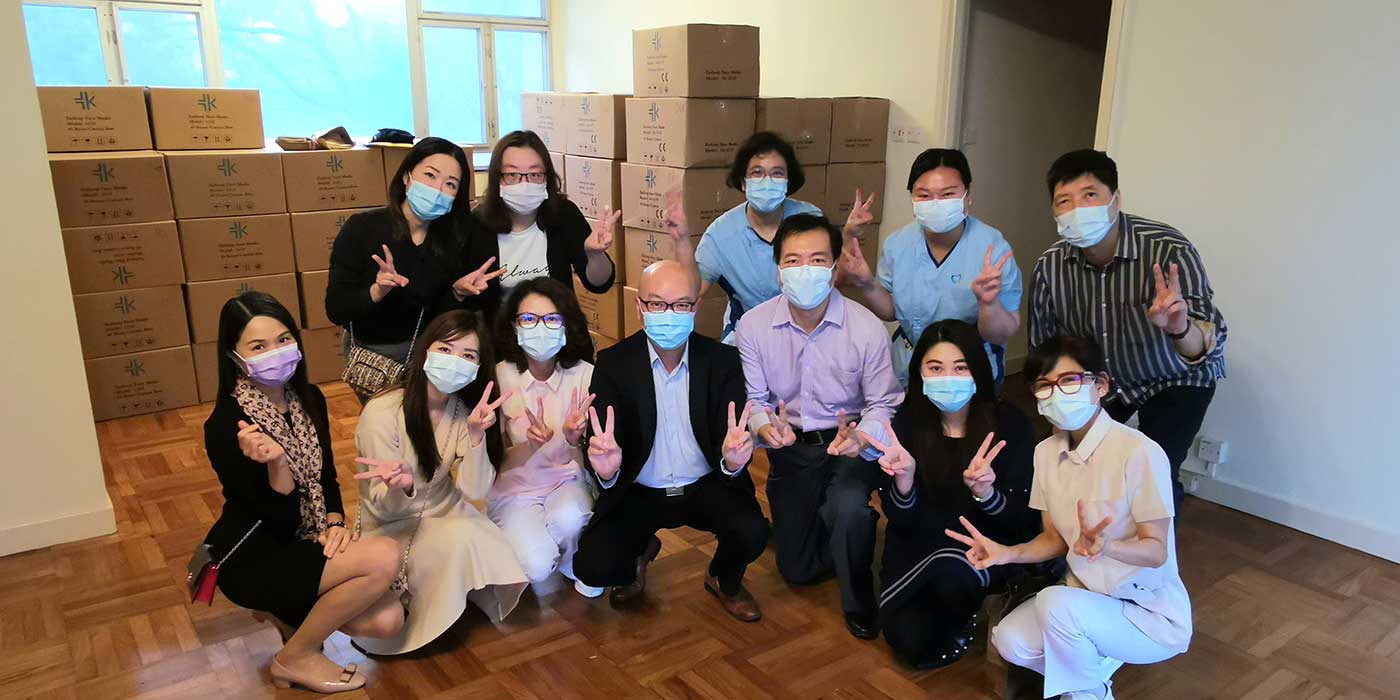
As the first point of contact for infection and close contact cases, UHS also hosted the University’s sole COVID hotline. “Most of the calls weren’t about medical issues; people asked about work arrangements, how to pay tuition fees and open Zoom, or even how to take care of pets.” The peak of the fifth wave in March 2022 posed another serious challenge to the University, and the hotline received up to 200 calls a day during that time. Throughout the pandemic, it handled a total of 3,000 enquiries.
The three-year struggle against the deadly virus was full of toil, sweat and tears. But the University’s chief medical adviser is philosophical about the pandemic.
“The pandemic is a mere episode of humanity’s interaction with nature over millions of years. In front of mighty nature, humanity has to stay humble,” Luk says. “It goes back to that ‘good’ character in Chinese: opposites drive each other in a balance. Embrace the destructive element—that is the way to go.”
‘So good that you are here’
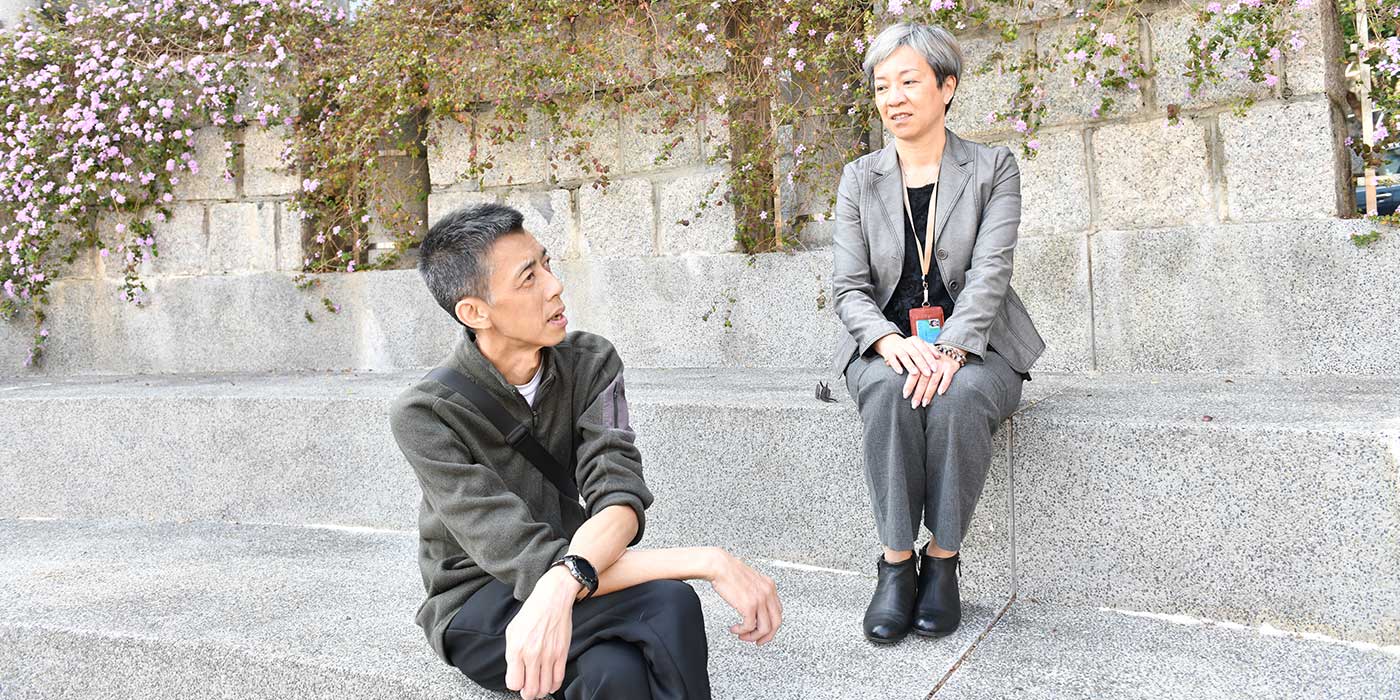
At the scheduled time for our interview, Claudy Liu and Jimmy Lau come in the door and dash straight upstairs to our meeting place at the Administration Building. While we’re waiting for the photographer, the senior works supervisors in EMO waste no time in making calls and following up on tasks. During the pandemic—as well as in normal times—the 180-strong housekeeping and building management section of the Office is responsible for the cleanliness of the entire CUHK campus.
Since the virus started to spread, they have been spraying public areas and classrooms between classes. Fixtures like lift buttons, handrails and door handles were wiped more frequently, that is, four times a day. Handrubs were bought and made available by the team in common areas and teaching blocks.
The most essential yet risky work undertaken by them during the pandemic was to disinfect offices and places frequented by infected people and the close contacts. In the first half of 2020, the onus fell on cleaners from the housekeeping and building management section. Besides getting hold of suitable disinfectant sprays, the team had to familiarise cleaners with the use of sprays in high-risk areas. Later, as the number of cases surged, EMO hired contractors to carry out deep cleaning, leaving room for colleagues to perform regular cleaning on campus.
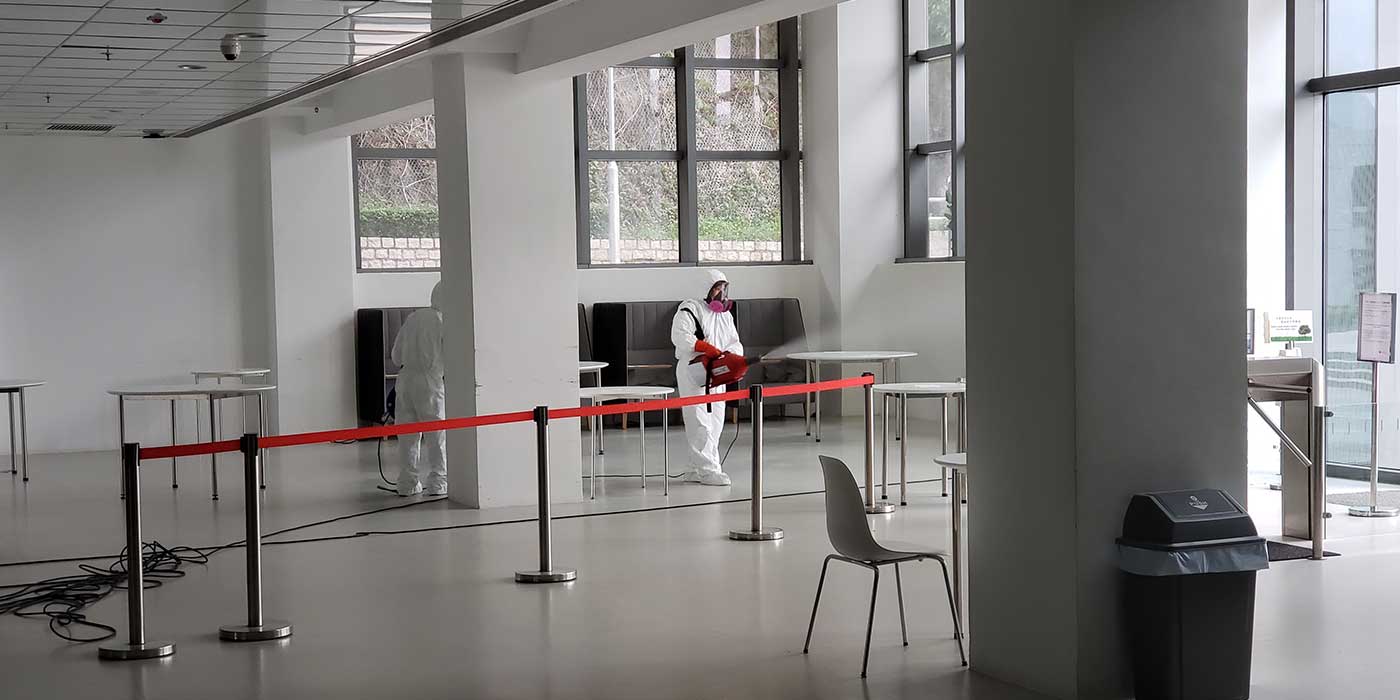
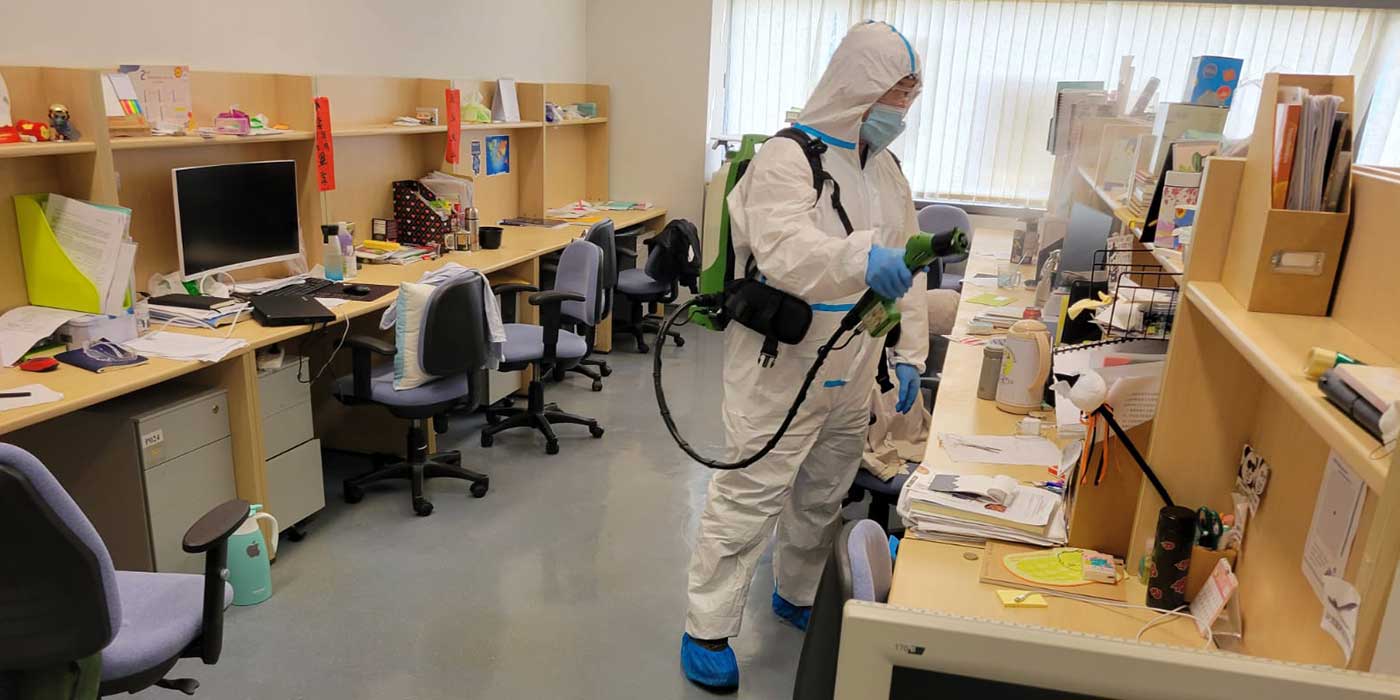
Towards the end of 2020, the University approved the use of antimicrobial coating in high-traffic locations to curb the spread of the virus. Works supervisors would get in touch with persons in charge of these areas, arrange for contractors to come and oversee the coating work. To minimise disruption, most work took place at weekends or after office hours. Every three months, the coating would need to be reapplied, not to mention that communication and supervisory work could get extremely convoluted. The team had no complaints about extra working hours, as all its members wanted was to ensure a clean and safe campus.
“On receiving notifications from UHS, we’d contact the unit concerned and set up a time for the contractor to come and disinfect those places. We’d be on the spot ensuring every nook and cranny was sprayed,” says Liu. “We’re used to handling ad hoc tasks. Our colleagues also felt fine; cleaners all possess in them a perfectionist streak that only settles for the best.” Having worked in hotel housekeeping—an extremely arduous job—for decades, Liu and Lau remain unruffled in whatever adverse circumstances. Now, at CUHK, they are invariably moved by outpourings of thanks from colleagues across the campus. “So good that you are here” was an utterance they often heard of during the pandemic—one that could unfailingly energise them even after a day of hard toil.
By Amy Li
Photos by Amy Tam & Matthew Wu
Front image design by Amy Tam

